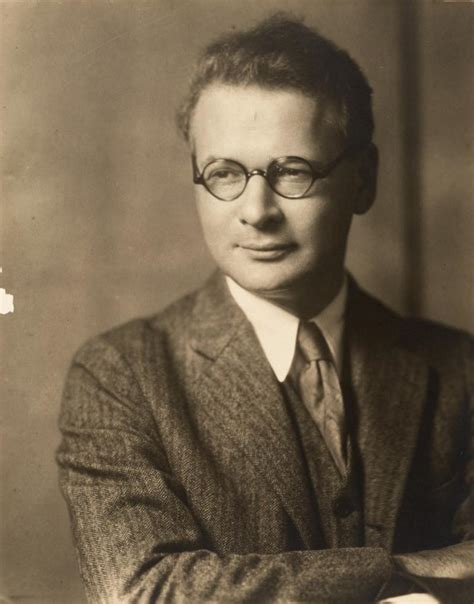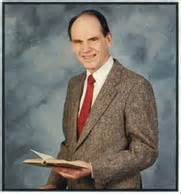A Quote by C. S. Lewis
As the king governs by his executive, so Reason in man must rule the mere appetites by means of the 'spirited element.'
Related Quotes
In bad or corrupted natures the body will often appear to rule over the soul, because they are in an evil and unnatural condition. At all events we may firstly observe in living creatures both a despotical and a constitutional rule; for the soul rules the body with a despotical rule, whereas the intellect rules the appetites with a constitutional and royal rule. And it is clear that the rule of the soul over the body, and of the mind and the rational element over the passionate, is natural and expedient; whereas the equality of the two or the rule of the inferior is always hurtful.
Whatever the situation may be, in the recollection of death there is reward and merit. For even the man engrossed in the world benefits from it by acquiring an aversion to this world, since it spoils his contentment and the fullness of his pleasure; and everything which spoils for man his pleasures and his appetites is one of the means of deliverance.
An isolated person requires correspondence as a means of seeing his ideas as others see them, and thus guarding against the dogmatisms and extravagances of solitary and uncorrected speculation. No man can learn to reason and appraise from a mere perusal of the writing of others. If he live not in the world, where he can observe the public at first hand and be directed toward solid reality by the force of conversation and spoken debate, then he must sharpen his discrimination and regulate his perceptive balance by an equivalent exchange of ideas in epistolary form.
The democratic rule that all men are equal is sometimes confused with the quite opposite idea that all men are the same and that any man can be substituted for any other so that his differences make no difference. The two are not at all the same. The democratic rule that all men are equal means that men's being different cannot be made a basis for special privilege or for the invidious advantage of one man over another; equality, under the democratic rule, is the freedom and opportunity of each individual to be fully and completely his different self. Democracy means the right to be different.
What, but the rapacity of the only men who exercised their reason, the priests, secured such vast property to the church, when a man gave his perishable substance to save himself from the dark torments of purgatory; and found it more convenient to indulge his depraved appetites, and pay an exorbitant price for absolution, than listen to the suggestions of reason, and work out his own salvation: in a word, was not the separation of religion from morality the work of the priests...?
The king is but a man, as I am; the violet smells to him as it doth to me; the element shows to him as it doth to me; all his senses have but human conditions; his ceremonies laid by, in his nakedness he appears but a man; and though his affections are higher mounted than ours, yet, when they stoop, they stoop with the like wing.
It is no secret that any talented player must in his soul be an artist, and what could be dearer to his heart and soul than the victory of the subtle forces of reason over crude material strength! Probably everyone has his own reason for liking the King`s Gambit, but my love for it can be seen in precisely those terms.
There must be only three supreme values which govern a person's life: Reason, Purpose, and Self-esteem. Reason, as his only tool of knowledge--Purpose, as his choice of the happiness which that tool must proceed to achieve--Self-esteem, as his inviolate certainty that his mind is competent to think and his person is worthy of happiness, which means: is worthy of living. These three values imply and require all of man's virtues, and all his virtues pertain to the relation of existence and consciousness: rationality, independence, integrity, honesty, justice, productiveness, pride.
Just as a royal rule, if not a mere name, must exist by virtue of some great personal superiority in the king, so tyranny, which is the worst of governments, is necessarily the farthest removed from a well-constituted form; oligarchy is little better, for it is a long way from aristocracy, and democracy is the most tolerable of the three.



































